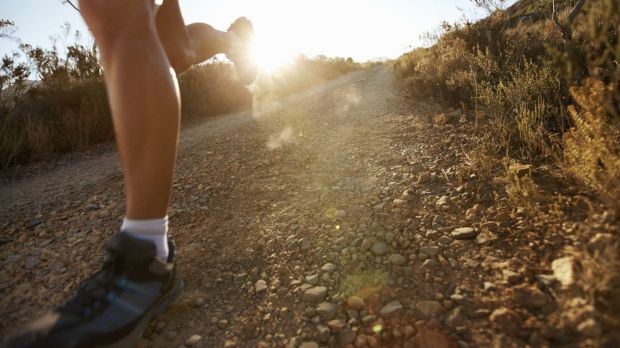
Rise ‘n’ shine: is early morning exercise better?
Getting up and at ’em may mean more than just extra hours in your day.
Research shows that we might just reap more rewards by exercising early.
In a new story, the New York Times has explored whether working out before breakfast is better for weight loss.
Certainly, some studies have shown that fasted exercise (that is, exercising before you eat in the morning having fasted overnight) can improve endurance and energy as well as metabolism and muscle growth.
The NYT article also points to a ‘groundbreaking’ study from 2010, in which scientists found we can burn more fat from fasted exercise too.
In the six-week Belgian study, healthy male participants were convinced to gorge themselves with 30 per cent more calories than they ordinarily ate and divided into three groups.
The first group stayed sedentary for the six weeks and ended up three kilograms heavier and developed insulin resistance.
The second group, who exercised after breakfast, put on about 1½ kilograms and also recorded insulin spikes. The third group, on the other hand, exercised before eating each day and not only maintained their weight and insulin levels, they also burned more fat throughout the day.
“The optimal strategy to prevent increases in body weight is obviously to combine a healthy, well-balanced diet with a physically active lifestyle,” said the study’s lead author Peter Hespel.
However, if you’re not nailing the diet side of things, their study showed, he said, “that early-morning exercise in the fasted state is more potent than an identical amount of exercise in the fed state”.
“Incorporating fasted training into your daily regime not only helps to expedite weight loss, it improves mental focus and steadier energy levels throughout the day compared to starting the day out with a dose of sugar … even if that sugar is coming from a natural source, like a ripe, spotty banana,” adds nutritionist, athlete and author Nell Stephenson.
“In very basic terms, if you get up and start moving without having supplied your body with a dose of sugar, it’s simply got to get its energy from somewhere else and that somewhere else happens to be stored fat.”
On the flipside, if you get your groove on a little later in the day, all is not lost.
In fact, a separate set of research has found that muscle strength tends to peak between 2pm and 6pm. Hand-eye co-ordination and lung function also naturally peaks around this time, while risk of injury is at its least.
It’s all to do with our natural body clock explains Michael Smolensky, author of The Body Clock Guide to Better Health.
It seems that picking when you exercise may just depend on your goals as there are benefits to getting moving at any time.
